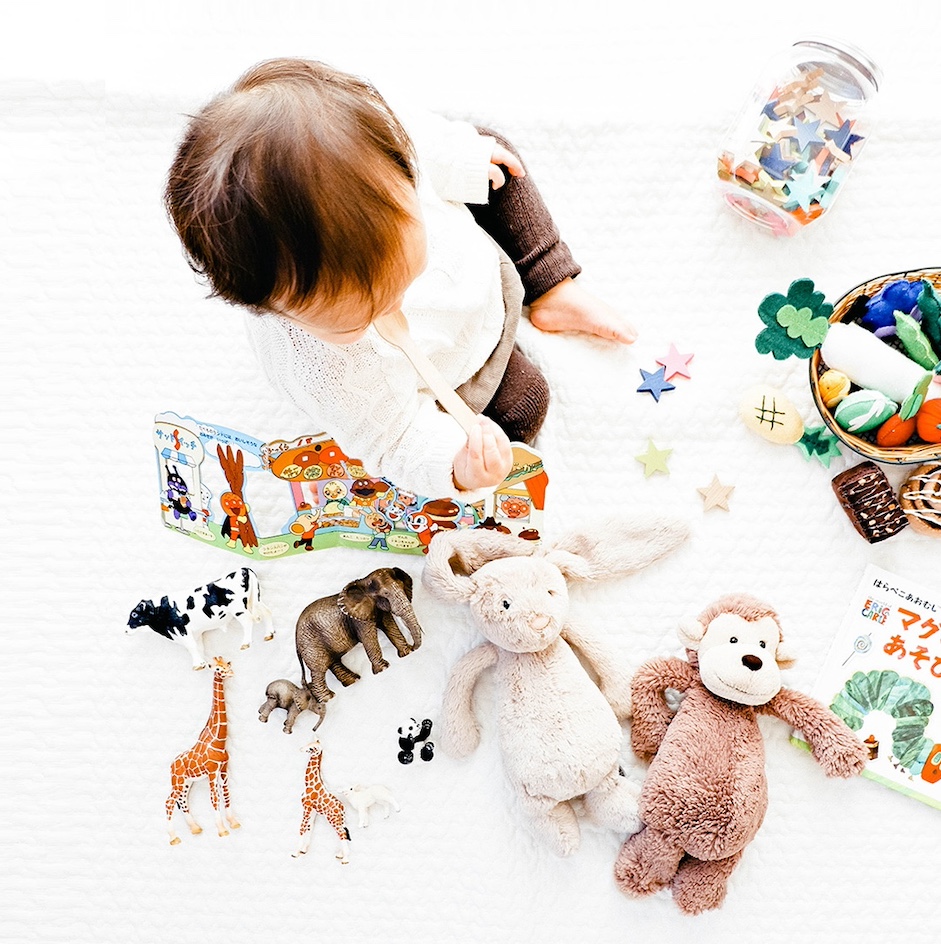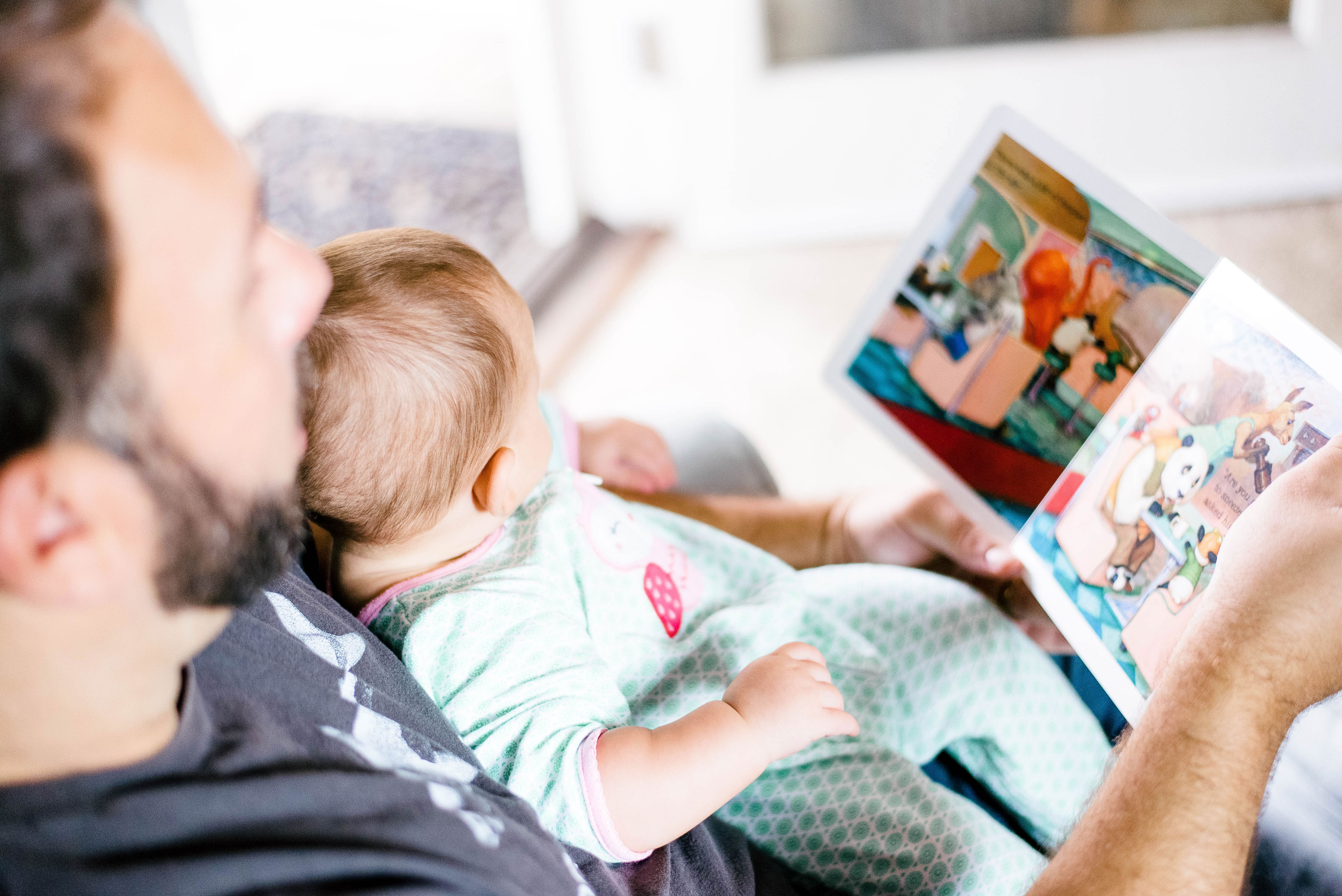What is self-regulation and why is it so important? If your child struggles to pay attention, is easily distracted, seems to not learn from his/her mistakes, or has frequent meltdowns, you may be familiar with the term self-regulation. As an occupational therapist, we often identify difficulty with regulation as a primary underpinning for developmental and learning challenges and focus a lot of our efforts on building up regulatory capacities. Let’s take a closer look at what self-regulation is, how it develops, and why it is so important.
What is Self-Regulation?
If you google the term self-regulation, you will likely find hundreds of definitions. Stuart Shanker of The Merit Centre, defines self-regulation as “the ability to manage your own energy states, emotions, behaviours, and attention”. Simply put, self-regulation refers to how we manage the stress that we are under. And, stress can be thought of as all of the incoming stimuli that our brain and body must balance, not just the typical stress that we are all familiar with. Things in our environment that we must attend to, such as sights and sounds, our emotions, both positive and negative ones, sensations from our bodies, such as hunger or bathroom signals, the emotions or feelings of others, and daily routine activities can all be stressors.
Stress and Safety
Our nervous system is constantly working to maintain internal balance in response to everchanging conditions. This balance gives us a sense of safety, both within our bodies and within our environment. It is this sense of safety that supports self-regulation. If the nervous system is overly stressed or does not feel “safe”, it becomes increasingly difficult to manage your attention, your emotions, and your actions. If the stressors continue to build, the body may go into a fight or flight state, or even shut down.
How Regulation Develops
Regulation is a core developmental process. No one is born with the ability to regulate the way their bodies respond to stress or control their emotions and behavior. It is an ability we acquire over time and through attuned relationships. When an infant becomes upset due to hunger, exhaustion, or discomfort, and their caregiver steps in to satisfy their needs while also comforting them in their moment of distress, the infant begins to learn how to regulate. They start to understand that they have the capacity to handle stress, particularly when they have a nurturing relationship in place to guide them through their challenging emotions and sensations. It is through this co-regulation, that infants begin to develop their ability to self-regulate.
The Importance of Self-Regulation
Self-regulation is the key that unlocks the door to self-control. It’s what helps us steer through the storm of strong emotions and ensures we can adjust our activity levels appropriately—like sprinting across the soccer field or settling down to concentrate in the classroom. Through self-regulation, we’re better equipped to connect with others, enjoy shared moments, communicate back and forth, and step into someone else’s shoes, among other things.
Self-regulation is the foundation for social and emotional growth. Much like your house, if this foundation isn’t solid, if there are cracks or gaps, that’s when we start to notice difficulties in building or maintaining higher-level skills. That’s precisely why emphasizing and nurturing self-regulation is so important; it’s more than just a tool—it’s a building block for a well-rounded, emotionally healthy life. Remember, these benefits are just a glimpse into how vital self-regulation can be.
How SensAble Kids Can Help with Behavior Challenges
Navigating the complexities of parenting a child with regulatory challenges can feel overwhelming. At SensAble Kids, we understand these challenges intimately. It’s not just about offering strategies; it’s about walking alongside you, empowering you, and celebrating each step forward. If you feel the need for expert guidance and support in nurturing your child’s regulatory abilities, reach out to SensAble Kids today.
Looking for more resources? Feel free to share your email with us below if you’d like to receive additional content and resources.





0 Comments